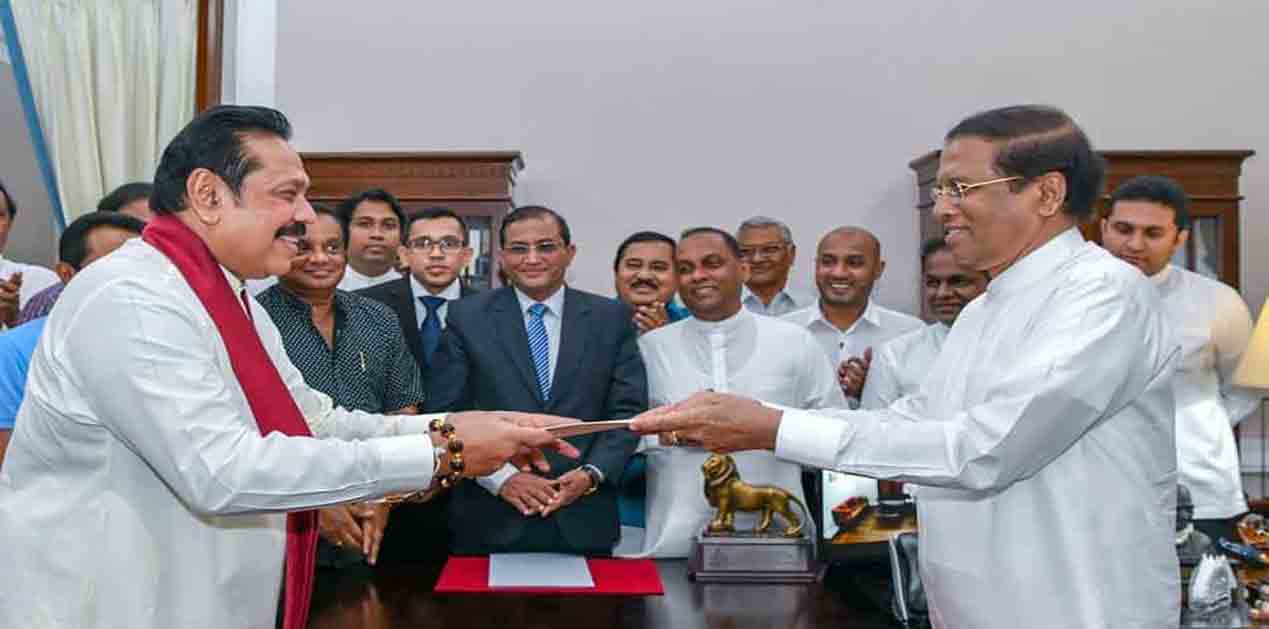In recent weeks, Sri Lanka has found itself embroiled in a deepening political crisis that threatens stability and raises concerns both domestically and internationally. The turmoil, sparked by economic woes and political infighting, has led to a series of unprecedented events that have left the nation grappling for solutions.
Table of Contents
ToggleEconomic Precarity and Public Unrest
Central to the current crisis is the country’s severe economic downturn. Sri Lanka is facing acute shortages of essential goods such as fuel, food, and medicine tnchronicle.com, exacerbated by a plunging currency and ballooning debt. Inflation has skyrocketed, making daily essentials increasingly unaffordable for ordinary citizens. This dire economic situation has fueled widespread public discontent and protests across the country.
Political Instability and Leadership Vacuum
Simultaneously, Sri Lanka is grappling with a leadership vacuum following the resignation of President Gotabaya Rajapaksa amidst mounting pressure over his handling of the economic crisis. The abrupt departure of Rajapaksa has thrown the country into uncertainty, with questions looming over the formation of a new government and the ability to stabilize the nation.
Constitutional Challenges and Legal Quandaries
The political turmoil has also raised constitutional challenges, with conflicting interpretations regarding the appointment of a new president and the dissolution of parliament. Legal battles are being fought in courts, adding a layer of complexity to an already volatile situation. The judiciary’s role in upholding the rule of law is under intense scrutiny as various factions vie for power and legitimacy.
International Concerns and Diplomatic Engagement
Internationally, Sri Lanka’s crisis has not gone unnoticed. Regional neighbors and global partners are closely monitoring developments, expressing concerns about the implications of prolonged instability in a strategically important country in South Asia. Diplomatic efforts are underway to encourage dialogue and a peaceful resolution to the crisis, emphasizing the importance of democratic principles and respect for constitutional norms.
Looking Ahead: Challenges and Opportunities
As Sri Lanka navigates through this turbulent period, the road ahead remains fraught with challenges. Restoring economic stability, addressing social grievances, and rebuilding political trust will require concerted efforts from all stakeholders – political leaders, civil society, and the international community. The crisis also presents an opportunity for Sri Lanka to reassess its governance structures and embark on reforms that promote inclusive growth and sustainable development.
Conclusion
In conclusion, Sri Lanka stands at a critical juncture in its history, grappling with profound political and economic challenges that demand urgent and decisive action. The outcome of the current crisis will not only shape the country’s immediate future but also have broader implications for regional stability and international relations. As the nation seeks to chart a path forward, the world watches with hope that dialogue, democracy, and the rule of law prevail in guiding Sri Lanka towards a peaceful and prosperous future.

